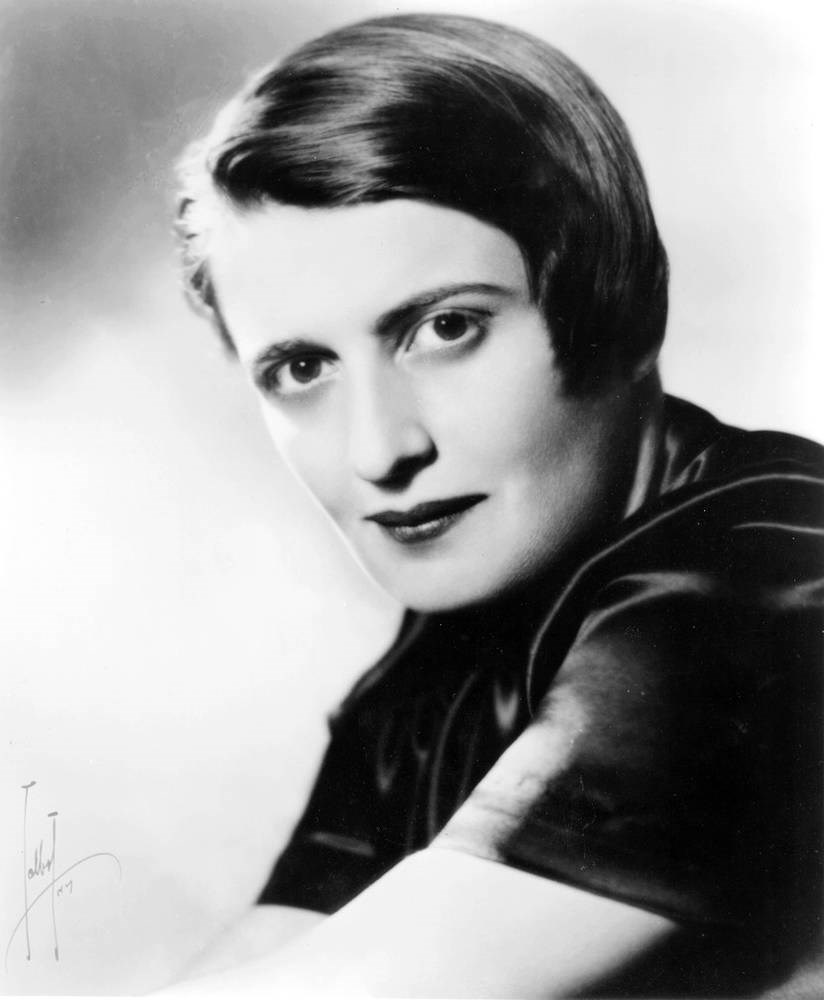As a supporter of Ayn Rand’s ideas, I want to respond to Trevor Hancock’s recent column, “The cult of Individualism is toxic,” as it misrepresents Ayn Rand’s ideas.
Yes, Ayn Rand’s philosophy, Objectivism, is based on Individualism. But Individualism does not mean the sacrifice of one individual to another as Hancock implies. It does not view the world divided between exploiters and the exploited, as he also implies.
It means pursuing one’s own rational self-interest, not at the expense of others, but with others in society based on mutual benefit.
It means an individual is free to pursue life, liberty and happiness for his or her own sake, neither sacrificing himself to others nor asking others to sacrifice themselves to him or her.
It means being able to do so without coercion. As Rand stated: “Every one … has the right to make his own decision, but none has the right to force his decision on the others.”
Hancock implies this is heartless and greedy, and without concern for emotions.
While Objectivism is based on reason, it does not reject emotions. Being kind, generous and benevolent are all virtues Rand would support.
But there is no act less charitable for either the giver or the receiver than forcing charity. Emotionally both parties’ feelings of well-being are undermined when charity is forced.
For the giver, the feeling of well-being that arises from generosity and benevolence is replaced with a feeling of resentment at being forced to give to someone they may not have chosen to give to.
For the receiver, the feeling of well-being that arises from gratitude and thankfulness is replaced with a feeling of entitlement. This further precipitates envy and resentment for not having received even more.
When charity is forced the positive feelings of well-being are replaced with negative ones of resentment for both the giver and the receiver, which is damaging to both.
Ayn Rand was against it because she states it prevents “benevolent co-existence between men.”
And as for all those greedy capitalist businessmen Hancock derides, who provide us with all the goods and services we require to sustain us on a daily basis, I like this quote from the noted economist, Dr. Thomas Sowell:
“I have never understood why it is ‘greed’ to want to keep the money you have earned but not ‘greed’ to want to take somebody else’s money.”
As Ayn Rand further states, “Capitalism has been called a system of greed — yet it is the system that raised the standard of living of its poorest citizens to heights no collectivist system has.”
“From those according to their ability, to those according to their needs,” as Karl Marx proclaimed, has failed everywhere it has been applied.
The failure of that idea cost the lives of tens of millions of people in the 20th century. We should not let history repeat itself in the 21st century by trying to apply it again.
People are not born into this world with a debt to their fellow man they are obligated to repay through a lifetime of involuntary service to others. This principle is neither greedy nor uncaring; but again the source of “benevolent co-existence between men.”
John Vincent, a retired entrepreneur living in Victoria, is a member of the Ayn Rand Institute’s Intellectual Network. He writes on business ethics and is a guest lecturer at the University of Victoria’s Gustafson School of Business and the University of Calgary’s Haskayne School of Business.



